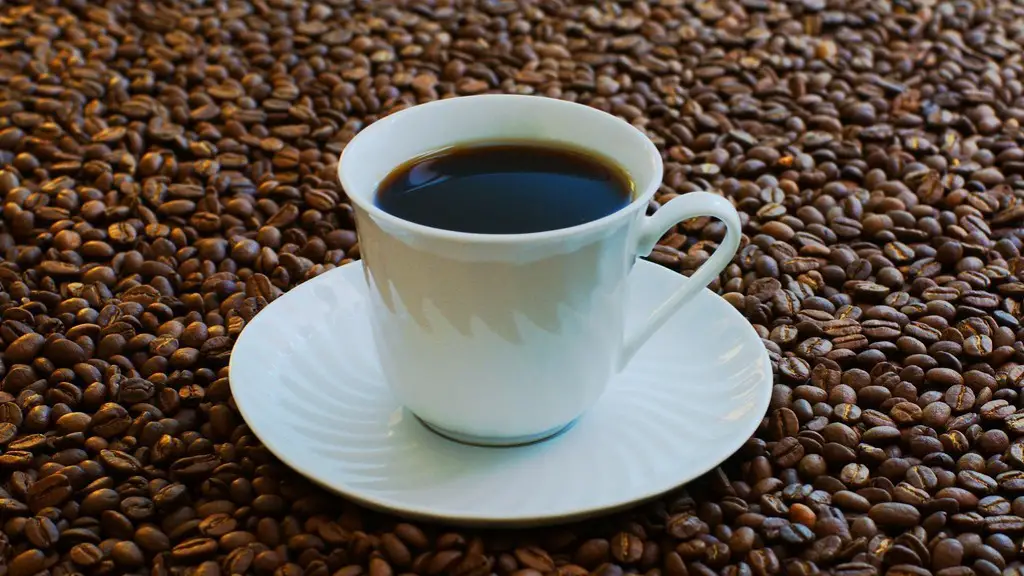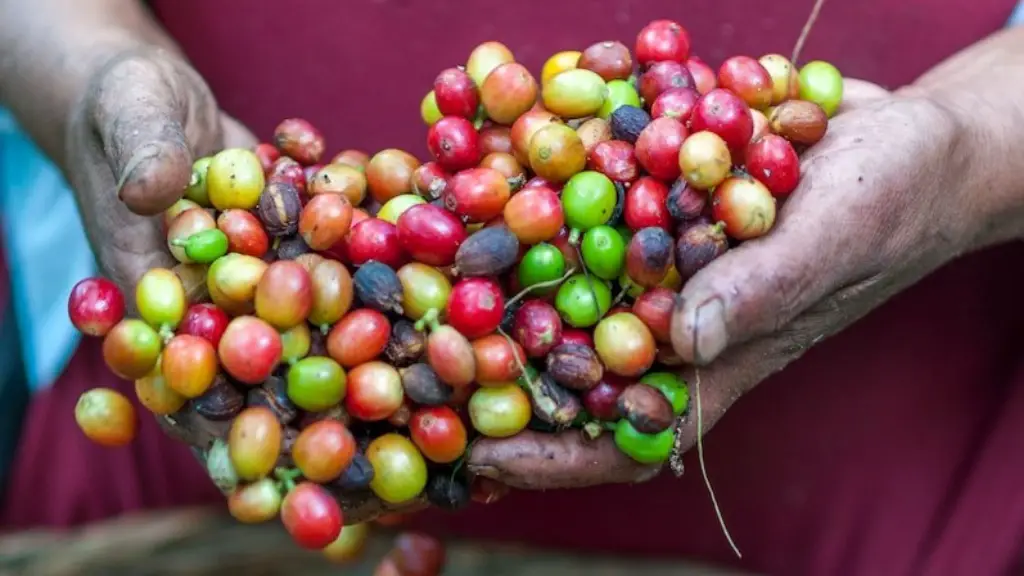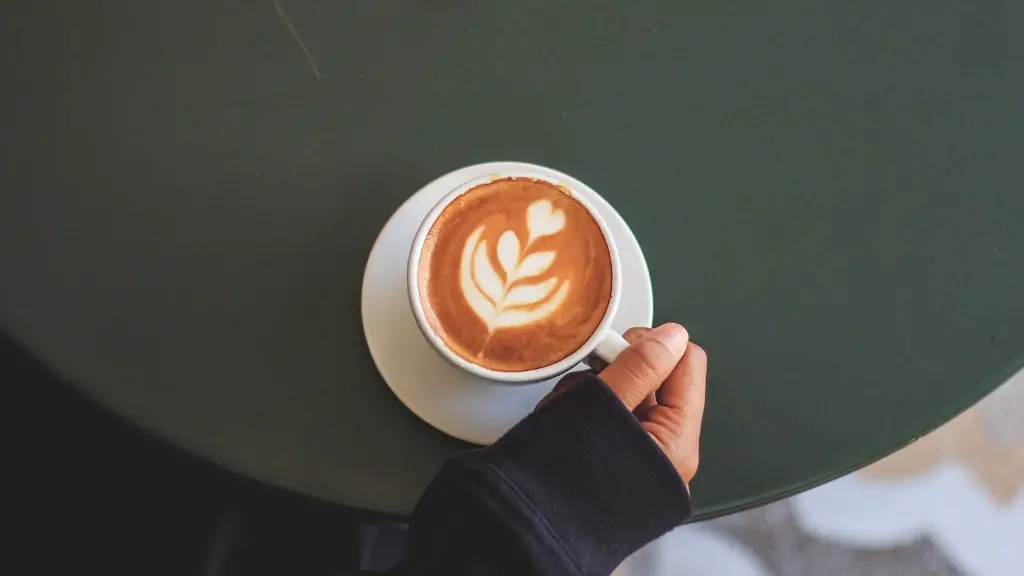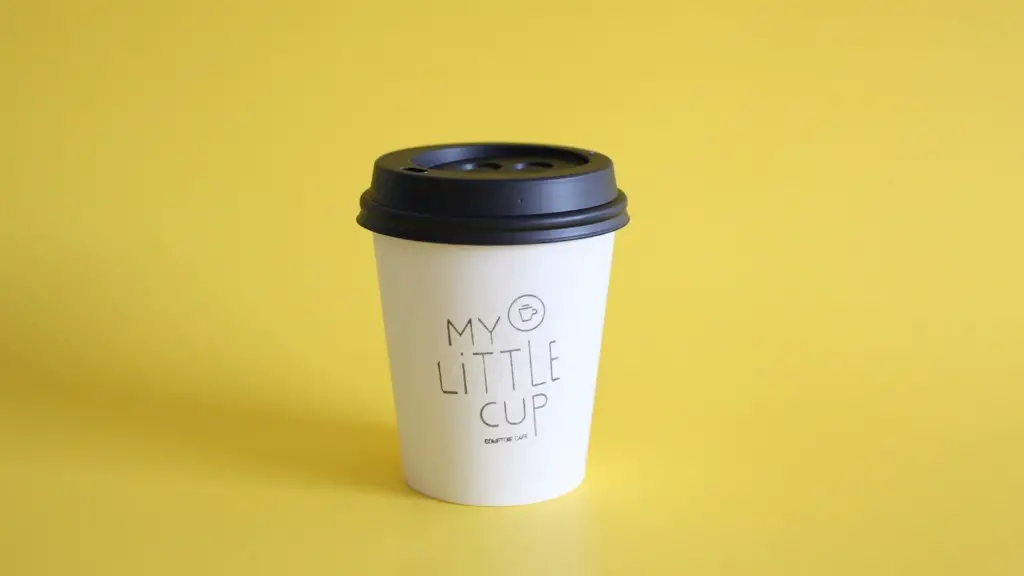Most of us need that daily cup of coffee to get us up and running in the morning – but how long before you hit the sack should you stop drinking coffee? This can be a tricky question to answer as everyone’s body is different, and there’s no easy or definitive answer. Depending on your sensitivity to caffeine, the amount of coffee that you drink, the type of coffee and even the time of day you drink your coffee, this can all impact how late at night you can have coffee.
Most research agrees that having coffee within four hours of going to bed can disrupt your sleep. This is because caffeine has a half-life of 6 hours, meaning it will take 6 hours for your body to reduce the caffeine levels by half. This time can vary from person to person however, as some of us may be more sensitive to the effects of caffeine.
So, it can pay off to start the ‘caffeine clock’ in the afternoon or even earlier if you want to be sure of a good night’s rest. Caffeine experts suggest avoiding coffee within six to eight hours of your bedtime, depending on how your particular body responds to caffeine. For some people, they may need to avoid caffeine as early as 2pm in order to get a good night’s sleep.
Caffeine not only impacts our sleep quality, it also increases your heart rate, making it much more difficult to fall asleep. Research published in The American Journal of Clinical Nutrition, concluded that people who have coffee 4–6 hours before bedtime had disturbed sleep and took 10 minutes longer, on average, to fall asleep.
Unfortunately, when the body is unable to rest, the body’s hormones get imbalanced and can lead to further health issues. Moreover, being deprived of sleep can also cause us to be moody, cranky and lose our ability to interact with others in a healthy way. Low energy, poor concentration and a weakened immune system are just some of the more significant long-term health effects of not getting enough and/or quality sleep.
The good news is that cutting down on coffee doesn’t necessarily mean you have to cut it out entirely – having coffee earlier in the day or swapping it for a decaf version, is a good alternative. Marshmallows and chamomile are also known to help relax the body and mind, helping you get to sleep easier.
Ultimately, it’s important to remember that everyone is different in how they react to caffeine and how it impacts their sleep. Some are luckier than others in this department, while others, as mentioned before, may need more time – six hours or more – before it’s time to turn out the lights.
Caffeine substitutes
Fortunately there are many substitutes for coffee that many find just as tasty. Herbal teas are a popular caffeine free alternative, as are some soft drinks that come in decaffeinated formats. There is even an impressive selection of decaffeinated coffees, from light to dark. Decaffeinated coffees use the same method as normal coffees, but the caffeine content is filtered out, leaving the delicious taste intact.
If you still crave the sweet taste of coffee without the stimulant, a lengthy list of options is available. Chicory root, dandelion root and green tea are all caffeine-free, as well as many other non-coffee beverages. Kombucha, made from tea and yeast is a popular choice, as is rooibos tea and smoothies made from vegetables and fruit.
Lighter coffees such as cappuccino and latte also contain less caffeine than regular coffee, so if you really need your coffee fix but don’t want to be kept up at night, these may be worth a try.
Alternative herbal recipes
Brewing a herbal tea infusion is a great way to prepare a caffeine-free recipe. Herbal teas are not derived from the tea plant, camellia sinensis, meaning they do not contain actual tea leaves but are instead brewed from infusions of herbs, spices, seeds and fruits. A tea infusion can use any combination of these ingredients, for example, chamomile and rose, turmeric and ginger or lavender and vanilla. Herbal tea has the same health benefits as regular tea, but with no caffeine.
Another herbal tea that many people enjoy is rooibos tea, made from the leaves of the South African red bush. Rooibos is naturally caffeine-free and has a variety of rich flavour profiles from fruity to chocolaty that have a strong resemblance to coffee. This is a healthier choice to coffee as it contains essential minerals like calcium, magnesium and zinc, and is naturally low on sugar too.
Many herbal remedies can also be used as healthy caffeine substitutes, including kava root and valerian root, which are both soothing and calming. Other popular herbs that can be added to tea, such as hibiscus, mint and lemongrass, are all known for their antispasmodic, sedative and relaxing qualities that can help ease into a restful slumber.
Herbal coffee
Herbal coffee is made from combinations of ground nuts and grains and is another great alternative to regular coffee. It can be brewed using an espresso or coffee machine just like traditional coffee, or as a tea infusion. Herbal coffee is also naturally low in caffeine and rich in antioxidants, vitamins and minerals, and some varieties can even be high in protein. Some of the most popular herbal coffee blends include barley, wheat, chicory, rye, oats and nuts like cashews, almonds, walnuts and hazelnuts.
Herbal coffee is a distinctive and unique alternative to traditional coffee, and can be surprisingly tasty. With its many health benefits, including being lower in caffeine, higher in fibre and antioxidants, it can be a healthier option for those looking for a more natural cup of coffee.
Yerba Mate
Yerba mate is a traditional South American beverage and has become a popular alternative to coffee. It is made from a plant and contains a mild stimulant called ‘matein’ which is similar to caffeine but not as strong. Many people like to drink Yerba Mate in the evening as it is said to help relax the body and mind before bed. It is rich in vitamins, minerals, and antioxidants and is said to have a long list of health benefits including boosting the immune system, improving digestion and aiding weight loss.
Yerba Mate comes in a variety of forms including in tea bags, loose leaf and in powder form. It has a unique, nutty flavour and is often brewed with herbs such as ginger, mint and lemon. It can be enjoyed as an energising drink or simply as a relaxing hot beverage.
The key takeaway
Whether it’s having coffee later in the day, opting for caffeine-free alternatives, or having a decaf version, there are plenty of healthy, natural ways to fuel your day without it impacting your sleep. Ultimately, it’s important to listen to your body and see what works best for you. You may need to cut your coffee earlier in the day or even consider switching it with a tea or herbal coffee blend to ensure you get an adequate amount of quality rest.




